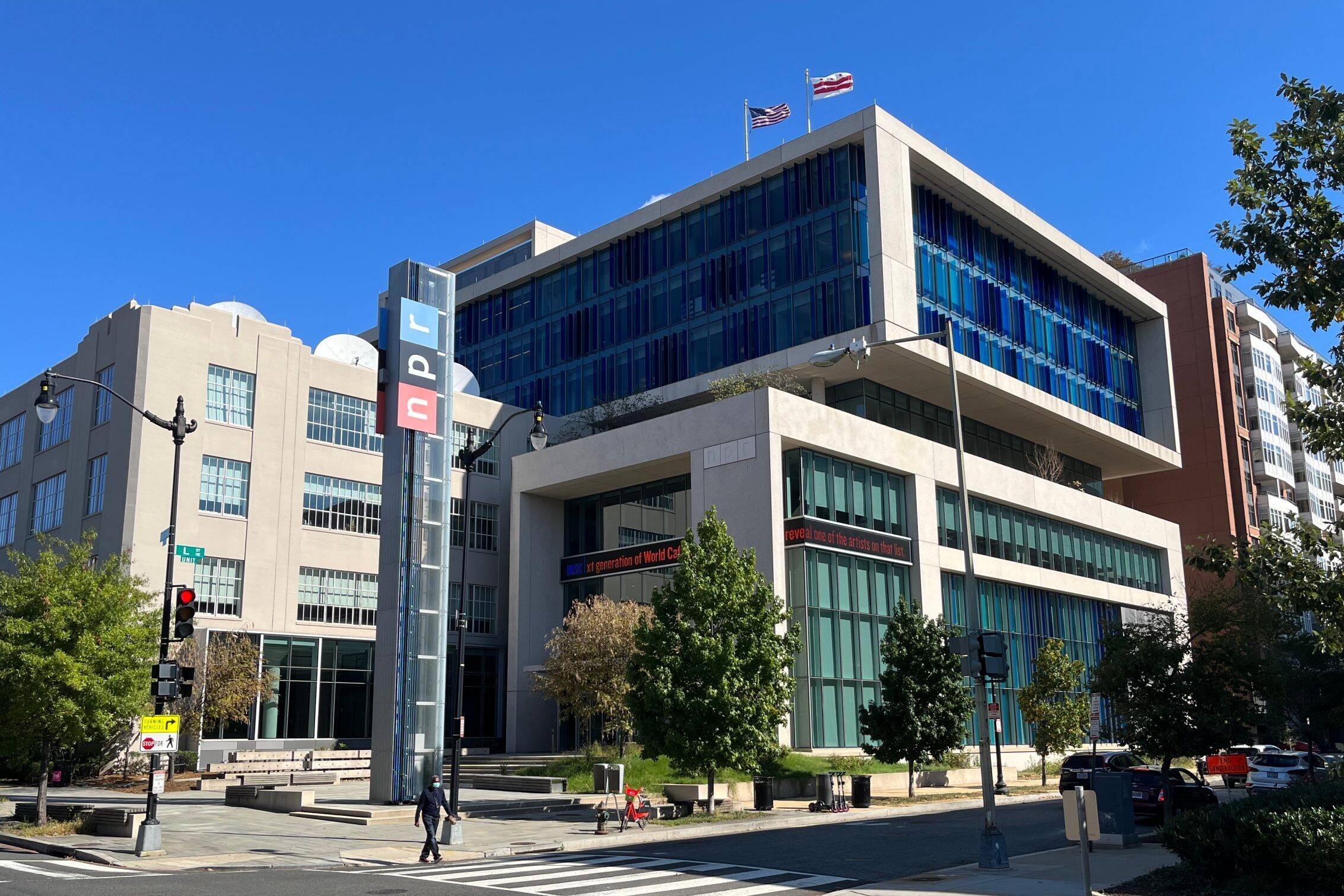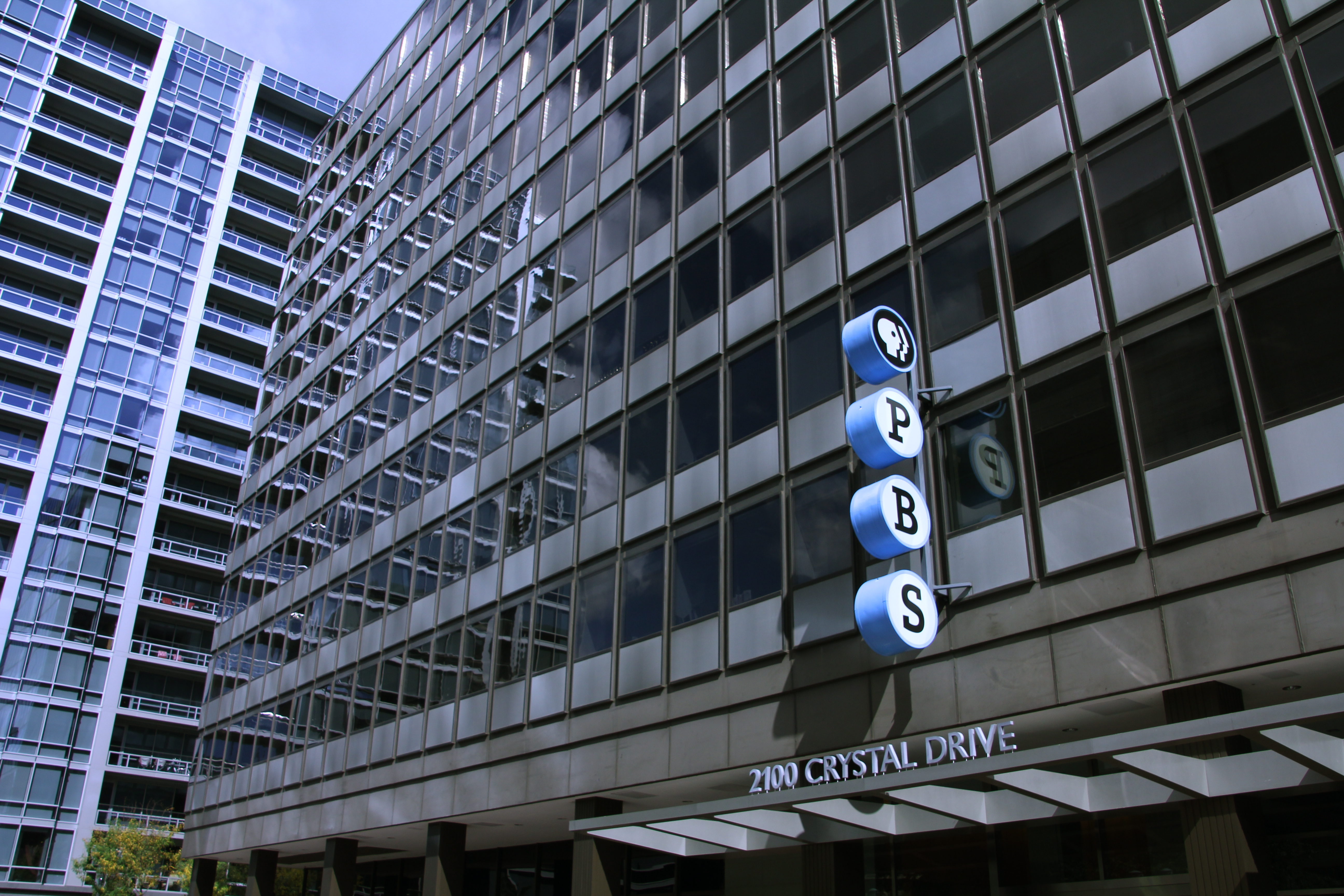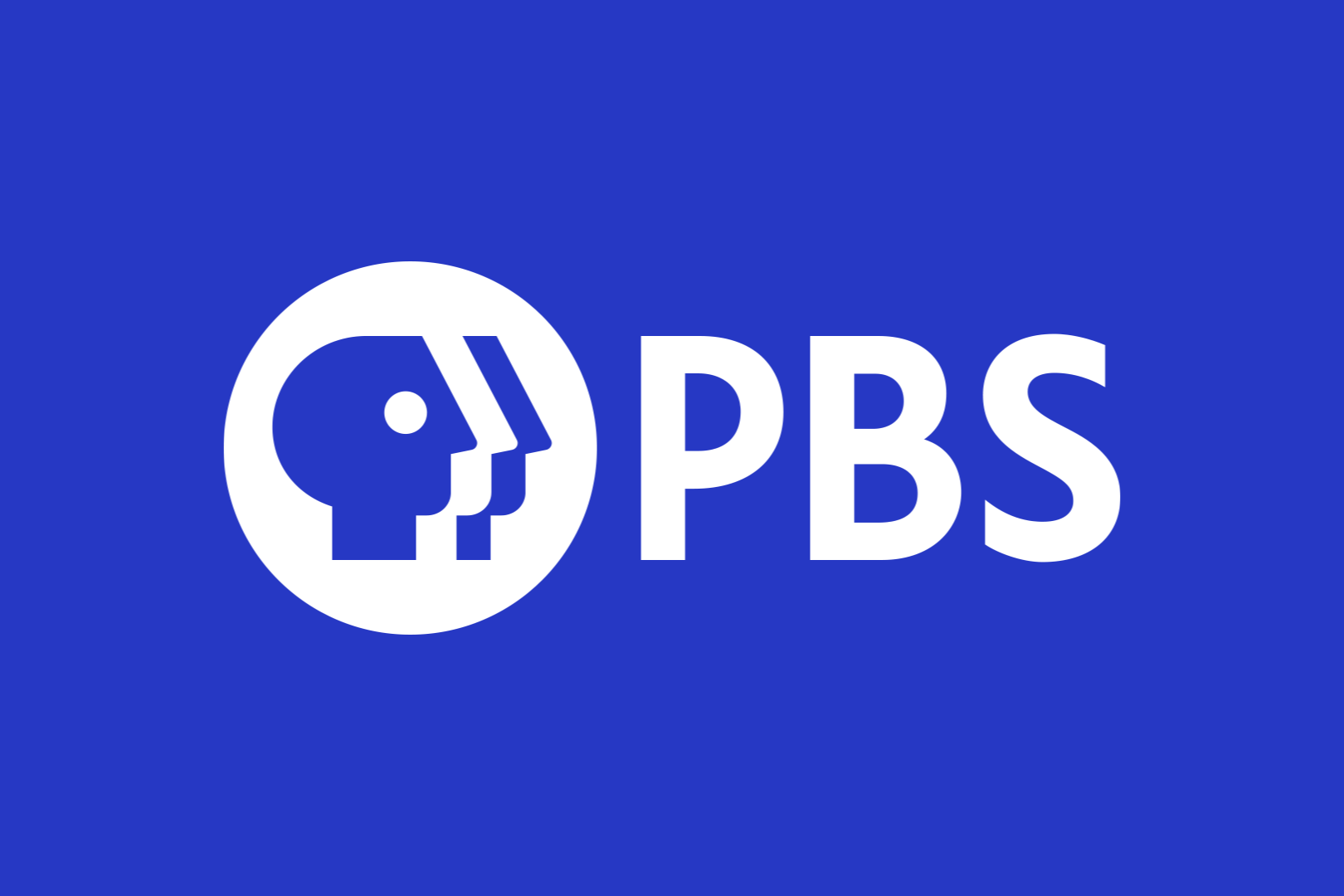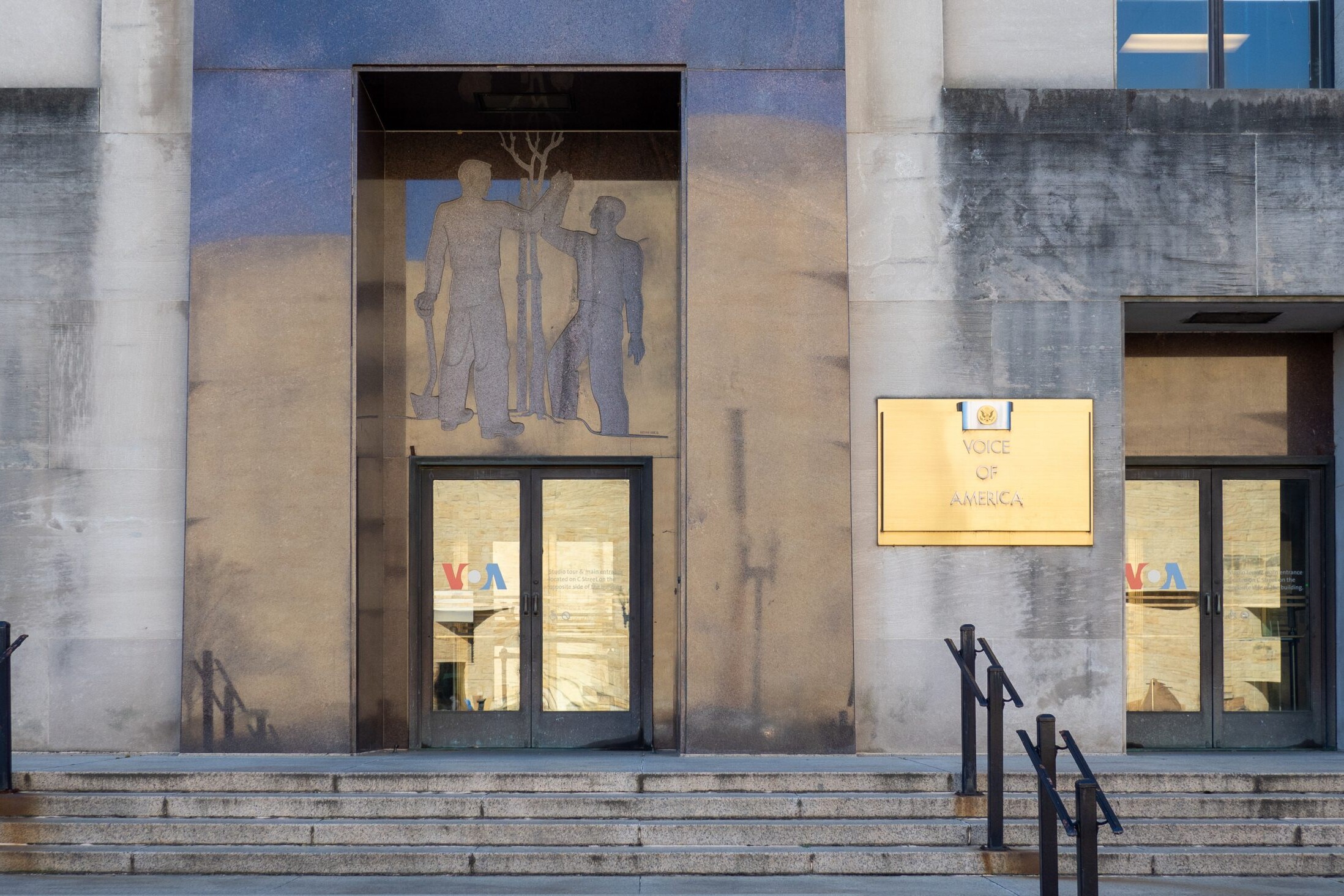STATEMENT
PMA calls for “Government-funded Media” Twitter label to be revoked
6 April 2023 [UPDATED 9 April 2023]
PMA members BBC and PBS are among public broadcasters labelled as “Government-funded Media” by Twitter, after previously labelling NPR as “state-affiliated” last week.
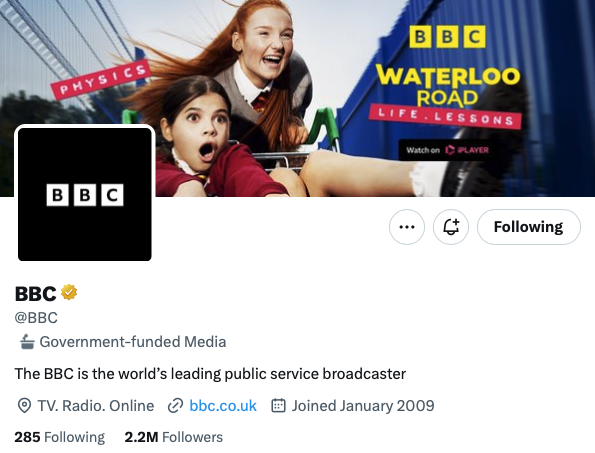
This report was updated on 9 April.
The Public Media Alliance objects in the strongest terms to the action taken by Twitter to label a number of independent public service media (PSM), including the BBC and PBS, as “Government-funded Media.”
Over the weekend, the platform applied the label to the the BBC, as well as PBS, NPR and VOA. The “Government-funded Media” label is a revision of the label “state-affiliated media”, which was wrongly attributed to NPR last week, a move which the PMA condemned at the time [see original report below]. NPR stopped tweeting from its account while it retained the “state-affiliated” label, and has remained inactive despite the relabelling.
Public service media rank among the most trusted sources of news and information for people worldwide. But at a time of heightened disinformation and crises, this “Government-funded Media” labelling risks turning people away from accurate and reliable sources by obscuring the independence of these organisations and the nuances of their separation from government.
“The BBC is, and always has been, independent. We are funded by the British public through the licence fee,” the BBC responded in a statement.
PMA is is extremely concerned by this misguided labelling and urges Twitter to reverse its decision. More to follow.

Initial report: 6 April 2023
The Public Media Alliance urges Twitter to reverse its decision to inaccurately label National Public Radio (NPR) as “state-affiliated media”. NPR was not notified of the change.
Following the move, Twitter’s owner, Elon Musk, who has presided over a raft of controversial changes at the social media platform, tweeted his support for the move.
But there has been significant disdain for the designation. At a press conference on Wednesday, White House press secretary, Karine Jean-Pierre, condemned the decision, saying: “[T]here is no doubt of the independence of NPR”, but iterated that because Twitter was a private company, it was free to describe Twitter how it likes. NPR’s President and CEO, John Lansing, also criticised the decision. “NPR stands for freedom of speech & holding the powerful accountable. A vigorous, vibrant free press is essential to the health of our democracy.”
Read more: Concern over political interference at West Virginia Public Broadcasting
At the time of writing, NPR appears to have stopped tweeting from its main account. The last tweet was sent shortly after 10pm EST on Tuesday 4 April.
NPR stands for freedom of speech & holding the powerful accountable. A vigorous, vibrant free press is essential to the health of our democracy.
My full statement on the recent inaccurate Twitter label below: pic.twitter.com/kdusUNtNUo— John Lansing (@johnlansing) April 5, 2023
PMA’s position
The designation of NPR as “state-affiliated” demonstrates a fundamental misunderstanding of independent public service media. There are many state-funded broadcasters that should be considered and described as state-affiliated, and it is right that audiences are notified of this.
But Twitter’s own definitions, as of Wednesday, described the label as being designated to outlets “where the state exercises control over editorial content through financial resources, direct or indirect political pressures, and/or control over production and distribution.” This categorically does not apply to NPR. Indeed, according to NPR’s own report, “As recently as Tuesday, Twitter’s policy page stated explicitly that NPR would not be included in this label — before the wording was altered to remove NPR.”
Subscribe toour newsletter
Keep updated with the latest public
media news from around the world
NPR has unequivocal editorial independence from the US government, and over 99% of NPR’s funds do not come from federal sources. But importantly, editorial independence does not actually depend on whether there is a source of federal or public funding or not – it is far more nuanced than that. Editorial independence depends on whether there are legislative and regulatory checks and balances in place, the presence of an independent board and other bodies for example.
The designation points to a deeply concerning change in the relationship between Twitter and news organisations. Prior to Mr. Musk’s takeover, the organisation sought, on occasion, to consult with media experts as to whether or not an organisation should be designated as “state-affiliated”. NPR’s exclusion from this decision is alarming.
The designation is another hurdle for media literacy, and reduces clarity as to where audiences can access sources of trusted news and information.
Whether we like it or not, social media platforms such as Twitter perform an important role in the exchange of information. Mr. Musk implied an understanding of this when he took over the social network, describing it as a “digital town square”. And for their part, public service media (PSM) have used these platforms to reach audiences and provide them with trusted and accurate information, in an environment where mis- and disinformation is rife.
But this is why such a move is so concerning. While they are privately owned and run, these platforms do have some societal responsibility. And yet they are clearly able to take such actions which have serious consequences.
The designation is another hurdle for media literacy, and reduces clarity as to where audiences can access sources of trusted news and information. This carries serious potential repercussions. How might the definition of “state-affiliated media” undermine the reporting of NPR journalists and the output of NPR-affiliated stations and brands, in the eyes of the audience? How might it bring about a wholescale decline of trust in NPR? How might such a designation further fuel polarisation in society?
These questions remain to be answered, but there is a fundamental imbalance here where digital platforms can wield such influence, with such inaccuracy.
It appears other public service media organisations in the USA such as PBS have not been labelled as state-affiliated despite their similar funding structures, nor have international PSM like the BBC, ZDF and CBC/Radio-Canada. But this move demonstrates that they are now at risk.
PMA urges Twitter to rethink and reverse this decision, and instead embark on a learning process to better understand PSM and the impact such decisions have in undermining accessibility to trusted and accurate sources of news and information.
Related Posts
7th March 2023
US: Concern over political interference at West Virginia Public Broadcasting
Years-long political pressures on West…
21st January 2021
Hopes for editorial independence restored as USAGM CEO resigns
Hopes for editorial independence…
